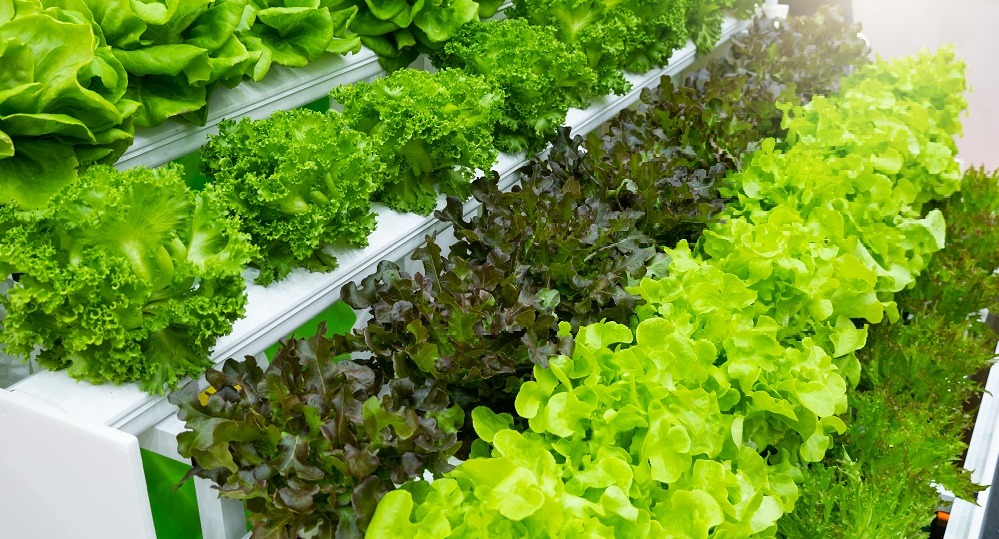Optimised Nutrient Formulation for Improving Crop Yield

KEY INFORMATION
Waste Management & Recycling - Food & Agriculture Waste Management
TECHNOLOGY OVERVIEW
Different plant species have different nutrient requirements. The current practice of urban farming uses a generic hydroponic nutrient solution that is suitable to most plant types, and a crude sensing system that only measures total ion content in the solution. This approach often results in nutrients deficiency and/or overloading and hence requires consistently monitoring. Overloading of nutrients not only increases the input costs, it also results in greater quantities of contamination in effluent to be disposed after harvest.
A targeted hydroponic nutrient solution reduces the need to periodically adjust the nutrient. The technology provider has studied and formulated different nutrient recipes that had shown improved yield compared to commercial products. This ensures the best growth for each crop type. It also reduces common problem stemming from imbalanced nutrient, e.g. leaf chlorosis due to nutrient deficiency. All these translate to a better yield and a more marketable produce for the farmers. Formulations developed include Mizuna, Kale, Lettuce, Mustard, Kalian, and Caixin.
The technology provider is seeking for licensing partners from the agriculture industry.
TECHNOLOGY FEATURES & SPECIFICATIONS
The common practice of urban farming is to discard the spent nutrient solution after a few cycles of plant growth. A targeted hydroponics nutrient solution reduces the frequency needed to periodically adjust the nutrient.
The technology provider has formulated the nutrient formulation that has considered the rate of nutrient uptake by the desired plant, the nutrient’s ratio and its availability in the solution. The formulation is specific to individual crop types and ensures the best growth for each crop type, e.g. lettuce or kale.
POTENTIAL APPLICATIONS
- Indoor hydroponics farmers
- Fertiliser / chemical production company may wish to market this as solution to farmers or to produce as off-the-shelf products for mass market consumer
- Agriscience company may package this as a solution to downstream clients
Unique Value Proposition
- Increases yield (up to 20%)
- Reduces the manpower needed to monitor the nutrients intake of the plant
- More resource-efficient with lesser nutrient adjustment
- Reduces common problems stemming from imbalanced nutrients
- Sustainable, eco-friendly solution that can potentially lead to zero-wastage
- Better nutrition for the consumer
